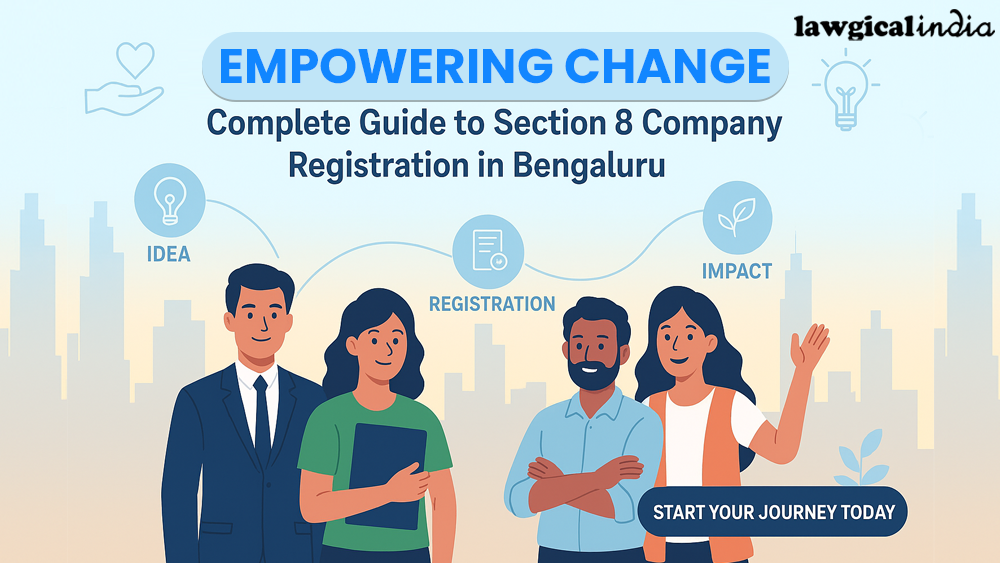Flipkart, one of India's leading e-commerce platforms, offers a fruitful opportunity for businesses to reach a broad customer base and expand their online presence. To become a seller on Flipkart, it is crucial to understand the Goods and Services Tax (GST) requirements imposed by the Indian government. This post aims to provide insights into the Flipkart seller registration process and the GST obligations associated with selling on the platform.
Understanding GST:
The Goods and Services Tax (GST), as the term itself, refers to an indirect tax in India that applies to the supply of goods and services. A variety of indirect taxes, including excise duty, service tax, and VAT, were replaced with this comprehensive tax. GST is divided into Central GST (CGST) and State GST (SGST) or Integrated GST (IGST) for interstate transactions.
Flipkart Seller Registration Process:
Register as a Business Entity: Before registering as a Flipkart seller, ensure that you have a registered business entity, such as a proprietorship, partnership, or company, as Flipkart does not accept individual registrations.
Visit Flipkart Seller Hub:
Access the Flipkart Seller Hub website (seller.flipkart.com) and create an account using your business details.
Provide Business Information:
Fill in the necessary details about your business, including legal name, contact information, address, and bank account details.
Choose the Appropriate Business Model:
Select the relevant business model based on your product offerings, such as selling your products (First-party seller) or selling products on behalf of others (Third-party seller).
Complete Tax Registration:
As part of the registration process, you must provide your GSTIN (Goods and Services Tax Identification Number) or apply for a new GST registration if you don't have one.
Requirement of GST registration for Flipkart Sellers:
Threshold Limit:
Businesses with an annual turnover of Rs. 40 lakhs (Rs. 10 lakhs for northeastern states) are exempt from GST registration. However, it is advisable to register voluntarily, especially if you intend to use Flipkart to offer products or services.
Mandatory GST Registration:
If your turnover exceeds the threshold limit or if you engage in inter-state transactions, GST registration becomes compulsory. Therefore, most Flipkart sellers will be required to register for GST.
Collecting and Depositing GST:
As a Flipkart seller, you collect GST from customers on taxable supplies. Ensure that you charge the appropriate GST rates (depending on the kind of merchandise or assistance)
Deposit the collected tax to the government within the specified timelines.
Filing GST Returns:
Flipkart sellers need to file regular GST returns, such as GSTR-1 (outward supplies), GSTR-3B (summary return), and GSTR-9 (annual return). These returns provide information about your sales, purchases, and tax liabilities.
Benefits of GST Registration for Flipkart Sellers:
Legitimacy and Compliance:
GST registration for Flipkart sellers adds credibility to your business and demonstrates compliance with tax regulations. It establishes trust among customers and potential partners.
Input Tax Credit (ITC):
GST-registered sellers can claim Input Tax Credits on purchases made for their business. This helps offset the GST liability on outward supplies and reduces the overall tax burden.
Nationwide Selling:
With GST registration, Flipkart sellers can sell their products to customers across different states in India without facing additional tax complexities.
You will need certain documents and information when registering as a seller on Flipkart and applying for GST registration. The exact requirements may vary based on your business structure and location, but here are some commonly required documents:
Business Entity Documents:
For Proprietorship: FPAN card of the proprietor, identity proof, address proof, and bank account details.
For Partnership: Partnership deed, PAN cards of partners, address proof, identity proof, and bank account details.
For Company: Certificate of Incorporation, Memorandum and Articles of Association, PAN card of the company, identity proof, address proof, and bank account details.
For LLP: LLP registration certificate, LLP agreement, PAN card of the LLP, identity proof, address proof, and bank account details.
Identity and Address Proof:
PAN card of the business entity or proprietor/partners/directors.
Aadhaar card, voter ID, passport, or driving license as identity proof.
Proof of address proof such as electricity bill, telephone bill, bank statement, or rental agreement.
Bank Account Details:
Provide bank account details of the business entity, including account number, IFSC code, and bank branch details.
Photographs:
Recent passport-sized photographs of the proprietor/partners/directors.
GSTIN (Goods and Services Tax Identification Number):
If you already have a GSTIN, provide the GST registration certificate and associated documents.
If you don't have a GSTIN, you must apply for GST registration separately, providing documents such as a PAN card, identity proof, address proof, and bank account details.
It's important to note that these document requirements may change or vary based on updates to Flipkart's seller registration process or changes in GST regulations. It is advisable to visit the Flipkart Seller Hub or consult a tax professional for the most up-to-date and accurate details. Refer to the following documents needed for registration and GST registration for Flipkart sellers.
Conclusion:
Becoming a seller on Flipkart and navigating the GST requirements is a significant step for businesses looking to expand their online presence and tap into a vast customer base. By understanding the documents and information needed for Flipkart seller registration and GST compliance, businesses can ensure a smooth and legally compliant process. The documents required for Flipkart seller registration typically include business entity documents, such as PAN cards, identity proofs, address proofs, and bank account details. Additionally, GST registration may necessitate the submission of GST registration certificates, PAN cards, identity proofs, address proofs, and bank account details. By fulfilling these document requirements, businesses can establish legitimacy, compliance, and credibility as Flipkart sellers. Furthermore, GST registration for Flipkart sellers offers benefits such as input tax credit, nationwide selling capabilities, and enhanced customer trust.
To ensure accuracy and compliance, it is advisable to regularly review the Flipkart Seller Hub and consult with tax professionals or legal experts who can provide the most up-to-date information and guidance on the documents needed for Flipkart seller registration and GST compliance. Understanding the document requirements and adhering to the necessary procedures empowers businesses to leverage the opportunities offered by Flipkart and operate as compliant and successful sellers in the online marketplace.
Lawgical India provides expert assistance and guidance to businesses seeking Flipkart Seller Registration and GST compliance, simplifying the process and ensuring seamless legal requirements. With a focus on convenience, efficiency, and expertise, Lawgical India offers a wide range of legal services, including documentation, compliance, advisory, and registration assistance.











